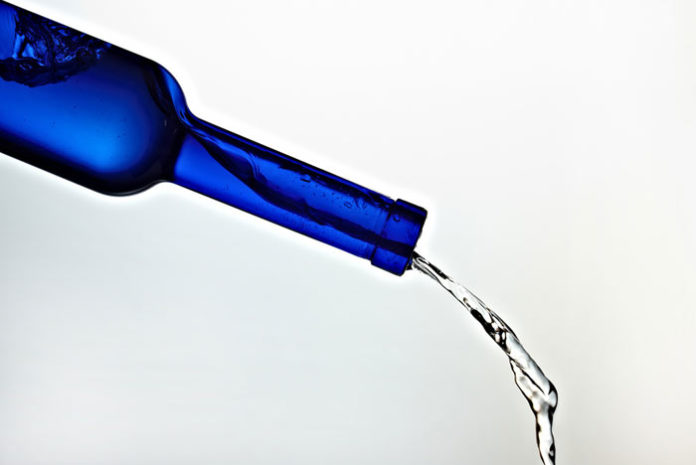In Australia, a team of experts from the Commonwealth Scientific and Industrial Research Organisation (CSIRO) has proposed a technology for simultaneous desalinating and filtrating water with the help of graphene. The water obtained this way is suitable for drinking.
Earlier, the engineers from the Massachusetts Institute of Technology suggested using graphene to create ultra-thin membranes for water filters. However, the proposal was not widely spread due to the lack of technology for mass production of graphene sheets. The scientists from Australia used the technological process of making graphene sheets from soybean oil engineered by the CSIRO. This technology, called Graphair, allows you to produce cheap graphene sheets. Filtration and desalination of water are possible due to graphene sheets with channels of microscopic diameter, comparable to the size of molecules. These pores let water through, but they can trap salts and harmful impurities.
To demonstrate the effectiveness of graphene filters, water from Sydney Bay was used. The experimenters used an ordinary filter coated with a Graphair film. One-time cleaning was enough to turn sea water from a city bay into drinkable water. According to the developers, graphene-based filters do not lose efficiency in the process of their use and purify water with higher productivity than the existing desalination plants.







